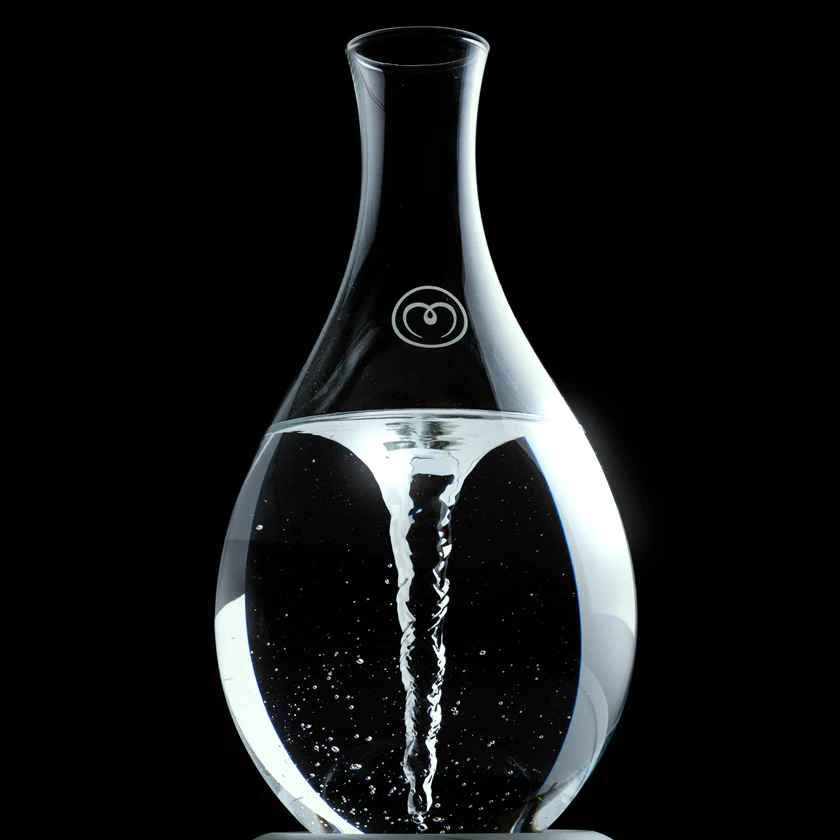Brain Drain: 4 Surprising Ways Dehydration Affects Your Brain
Published October 6, 2024

Our brain cells depend on water because about 75% of the brain is water.
So, what can we do to maintain hydration and brain function? According to the US National Academies of Sciences, Engineering, and Medicine, women should have about 2.7 liters of fluids a day, and men should have about 3.7 liters, without considering factors like activity level or medication use.
Research shows that if fluids go below minimum levels, your brain cells will shrink, leading to numerous issues. Luckily, most dehydration symptoms can be reversed with rehydration.
Here are the four ways dehydration can affect your brain.
4 Effects of Dehydration on Your Brain
- Irritability
- Reduced body coordination
- Fatigue
- Decreased cognitive ability
1. Irritability
Neurological symptoms of dehydration include:
- Low concentration
- Headaches
- Feelings of anger, anxiety, and irritation
These symptoms occur because dehydration decreases blood flow and lowers the body's tryptophan levels. Tryptophan is essential for the production of serotonin, a neurotransmitter that regulates mood. Lower tryptophan levels can result in decreased serotonin production, potentially leading to mood changes.
Furthermore, dehydration can cause an electrolyte imbalance, specifically affecting levels of potassium and sodium, which are the main players in most nerve functions. A deficiency in these electrolytes can directly impact brain function and lead to mood swings.
2. Reduced Body Coordination
The brain oversees body coordination, such as:
- Movement sequences
- Balance
- Posture
Therefore, if the brain is under dehydration stress, the nervous system will transmit wrong signals to the motor cortex—which controls mobility—and cause involuntary muscle movements.
With compromised functionality, your everyday activities may be off, and you can even sustain injuries. This is why, for example, it's crucial to drink water while working out.
3. Fatigue
Most body functions are related to fluid balance, and even small changes affect everyday life. If the fluid is not replenished, the blood volume will drop, making it harder for the heart to pump blood to the skin and muscles.
As this dehydration state progresses, the body starts to remove blood from the muscles, affecting its ability to diffuse heat and causing:
- Muscle weakness
- Lightheadedness
- Fatigue
» Find out the effects of dehydration on cardiac health
4. Decreased Cognitive Ability
If dehydrated, adult brains show higher neural strain when performing cognitive tasks. Younger and healthier adults experience different dehydration symptoms than older adults.
- Young adults: fatigue and mood changes
- Older adults: decreased cognitive performance, like lack of focus
In most cases, these deficits can be reversed by replenishing with the best water types to recover electrolyte balance. However, for older people, prolonged stress caused by dehydration can lead to brain pathology and irreversible cognitive decline.
Replenish Your Brain For Better Function
Remember that if you're dehydrated, your brain has to work harder than normal to complete a task. Thankfully, this and the other deficits can usually be reversed by ensuring you drink more water. And rehydrating only takes your body 2 hours.
To make rehydration easier and healthier than tap or bottled water, consider Mayu Swirl, an enhanced carafe that aerates the water, allowing for deeper cellular hydration. You can also give yourself an extra boost with Mayu Water's Electrolyte Drops, an alternative to sugary electrolyte drinks, packed with essential minerals, like magnesium.


















































